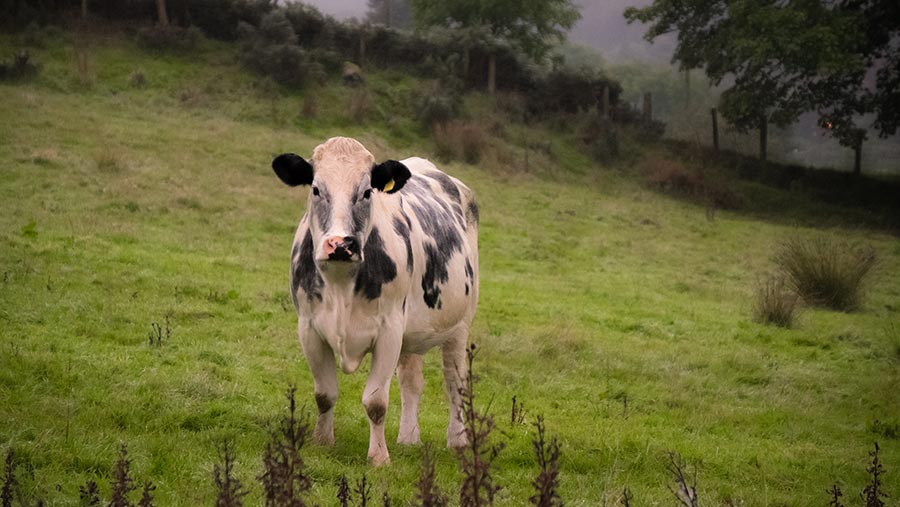NI protocol change could hit £600m north-south dairy trade
 © Puripat/Adobe Stock
© Puripat/Adobe Stock Changing the Northern Ireland Protocol could plunge milk producers into poverty, according to a dairy trade organisation.
Responding to proposed UK government revisions to the protocol, the Dairy Council for Northern Ireland said milk producers relied heavily on trade with the Republic of Ireland.
Under the existing rules, agreed after Brexit, milk produced in the north can be sold unfettered to processors in the south. Of the £1.5bn total annual NI milk production, more than a third (£600m) is sold across the border.
That was not only a valuable trade, the Dairy Council said, it was a vital one because there was not enough processing capacity in NI.
Each year about 800m litres of milk is shipped south. The continuing movement of milk is allowed because the protocol created a customs control between mainland Britain and NI, rather than at the land border with the Republic.
See also: ‘Bring back feed-in tariffs’ says FUW at Royal Welsh Show
However, the protocol has stymied trade in other sectors and the UK government wants to introduce a dual regulatory regime, which allows British standards to be recognised alongside the EU rules.
Brussels opposed
But Brussels has opposed the move and said introducing such a change would contravene international trade laws. The EU has refused to accept that British goods, including veterinary products, could be allowed parity with European standards.
Currently the “Island of Ireland” dairy value chain operates on the basis that NI and Republic milk is all produced to the same EU standards.
This allows government vets from the north and south to accept the necessary certification that must be produced for each consignment of milk.
But changes that might allow certain inputs from Great Britain to be freely used would mean NI milk would not meet EU standards. Vets could no longer issue certification and the trade would stop.
This could plunge some rural communities into poverty, the Dairy Council said, urging the UK government to think again before introducing its own laws outside the Brexit agreement.
Bad for beef
While the dairy sector is in favour of upholding the protocol, trade in other farming sectors such as beef is being stifled.
Beef and sheep farmer Sam Chesney spoke to the BBC’s Countryfile about the difficulties his business has suffered since Brexit, describing the current protocol as “complicated, silly, nit-picking rules that hit the primary producer”.
He told the programme that buying and selling pedigree beef and sheep had come to a grinding halt under the NI protocol. The extra paperwork meant buying in pedigree bulls from Scotland was no longer viable.
Selling animals through Kelso and Lanark in Scotland was also too risky, he said, with a six-month quarantine period required for any stock that went unsold and needed to return across the Irish Sea.
